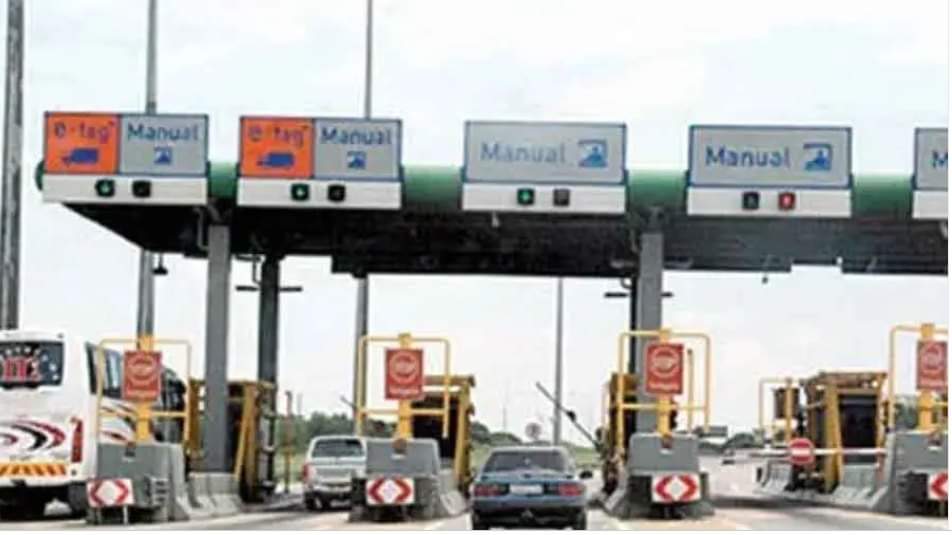The Nigerian government lifts the ban on vehicle importation through land borders and the decision is projected to revitalize economic activities within the corridor and address the concerns of freight forwarders.
In a significant development, the federal government of Nigeria has lifted the ban on the importation of vehicles through land borders, a decision that holds tremendous potential for revitalizing economic activities within the corridor.
The previous administration had closed the land borders between Nigeria and Cotonou, Benin Republic, and subsequently imposed a ban on vehicle importation through this route.
The decision to allow vehicle importation via land borders is expected to have a far-reaching impact on economic activities in the region. By lifting the ban, the federal government aims to stimulate trade and commerce, facilitating the movement of goods and services across borders. This move aligns with the government’s commitment to fostering regional integration and strengthening ties with neighboring countries.
The Approval And Reopening Of The Seme Border
The Director of Road Transport in the Ministry of Transportation, Ibrahim Musa, has revealed that the federal government has given its approval for the reopening of the Seme border for vehicle importation. This announcement came during a meeting between officials of Nigeria and Benin, organized by the Economic Community of West African States (ECOWAS). The decision to reopen the border is a response to the concerns raised by freight forwarders operating in the region.
Complaints By Freight Forwarders And Government Action
During the visit of the ECOWAS Monitoring Team to the Seme-Krake Joint Border Post, Ibrahim Musa, the Director of Road Transport, shared insights into the government’s response to the pleas of freight forwarders. He explained that the former Minister of State for Transportation, in collaboration with the ministry, prepared a memo highlighting the necessity of reopening the border to facilitate the free movement of goods and services. This memo was duly considered and sent to the government for further action.
Customs Revenue Reduction And The Need For Change
Dera Nnadi, the Customs Area Controller of Seme Border Command, highlighted the negative impact of the ban on vehicle importation through land borders on customs revenue. Since the implementation of the ban, the service has experienced a significant reduction in revenue. This decline in revenue has necessitated a reevaluation of the policy, leading to the recent decision to lift the ban.
As the federal government approves the importation of vehicles through land borders, it demonstrates its commitment to fostering economic growth and regional integration. The revitalization of economic activities within the corridor is expected to create new opportunities for trade and stimulate business growth. By addressing the concerns of freight forwarders and recognizing the impact of the ban on customs revenue, the government is taking proactive measures to promote a more conducive business environment.
This decision not only marks a positive step towards economic revitalization but also underscores the importance of collaboration and dialogue between Nigeria and its neighboring countries. As trade barriers are dismantled, it is crucial to foster stronger ties and partnerships that will promote mutual prosperity and regional development.










